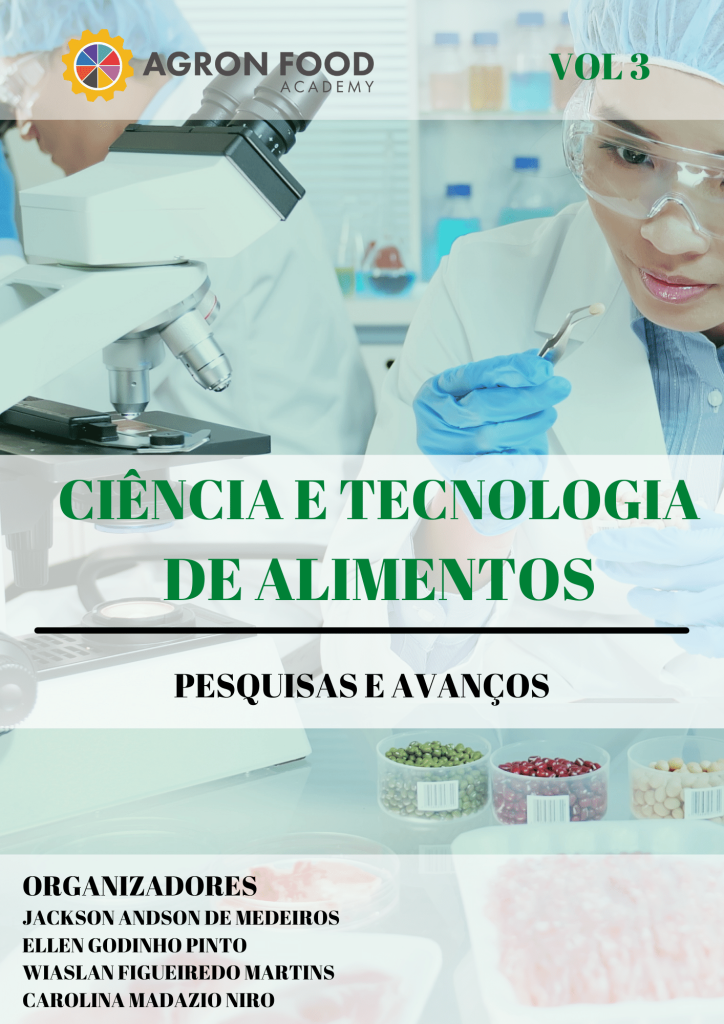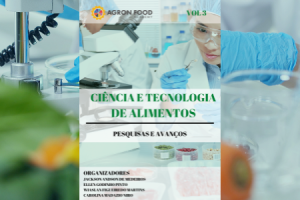
FOODBORNE DISEASES: A COMPARISON BETWEEN OMNIVORES AND PLANT-BASED EATERS

Resumo: Foodborne diseases are caused by ingesting food contaminated by microorganisms. Among factors contributing to a higher incidence are population growth, urbanization, and large-scale food production. Pathogenic microorganisms in the human gastrointestinal tract can cause changes that lead to intestinal dysbiosis by altering the gut microbiota composition. Gut dysbiosis is caused by a myriad of factors, including overexposure to environmental toxins that, when present in food, may encourage the multiplication of pathogenic microorganisms and the production of toxins that lead to inflammatory processes. In this sense, little is known about the vulnerability of vegetarians and vegans to food-related diseases compared to omnivores. Thus, the present work reviewed the recent literature to assess the risk of foodborne outbreaks in both plant-based eaters and omnivores. Discussion: Episodes of foodborne diseases result from improper handling, preservation, and distribution of materials unfit for consumption. Reports of foodborne outbreaks linked to animal-source foods may lead to the belief that there is a relationship between their consumption and increased susceptibility to foodborne cases in omnivores. However, they also occur due to contaminated fruits and vegetables and, therefore, in plant-based eaters since many of these items do not undergo microbial growth inhibition stages. To date, we are unfamiliar with studies that point to a reduced risk of outbreak-associated illnesses in plant-eaters compared to omnivores. We also stress the importance of good handling practices, of checking the food origin, as well as time and temperature to minimize episodes among all eaters.
Autores: Caroline de Aquino Guerreiro; Damaris Costa
Consultar afiliações no livro
DOI: 10.53934/9786599539695-15
ISBN: 978-65-995396-9-5
Capítulo do livro: Ciência e Tecnologia de Alimentos: Pesquisas e Avanços, Vol. 3
